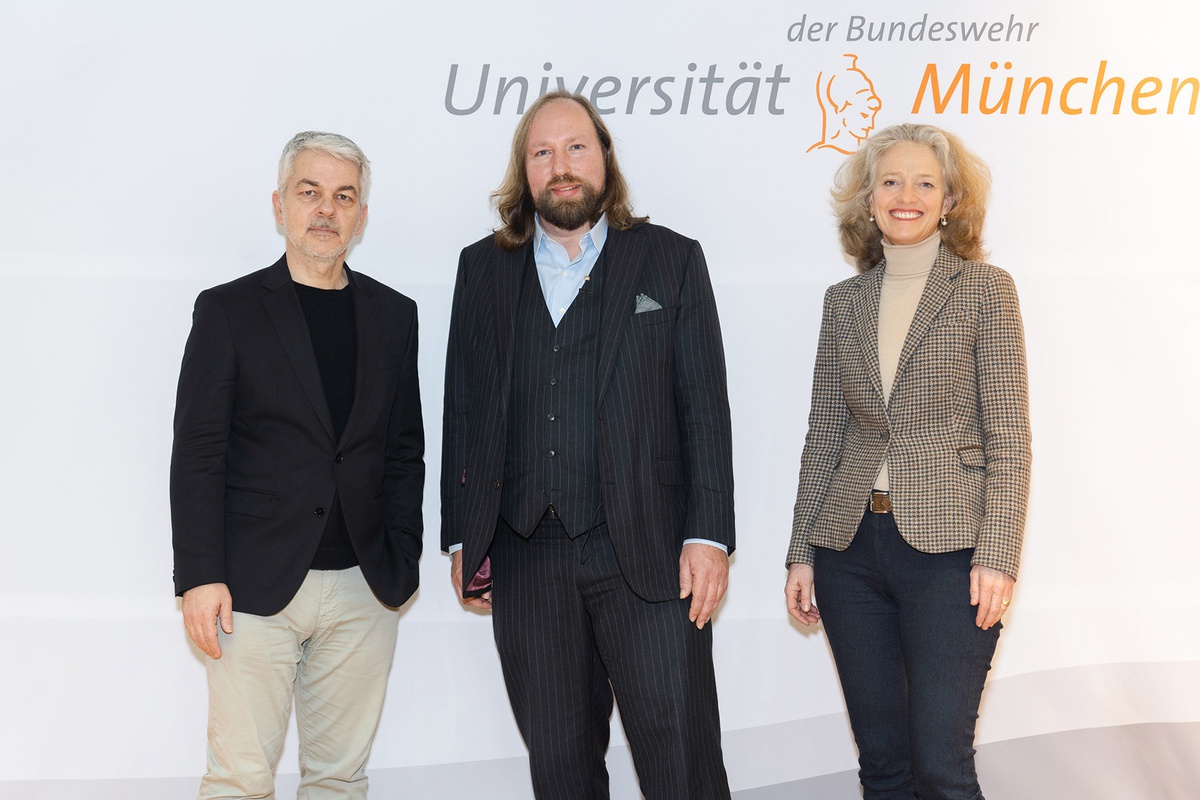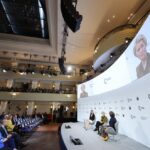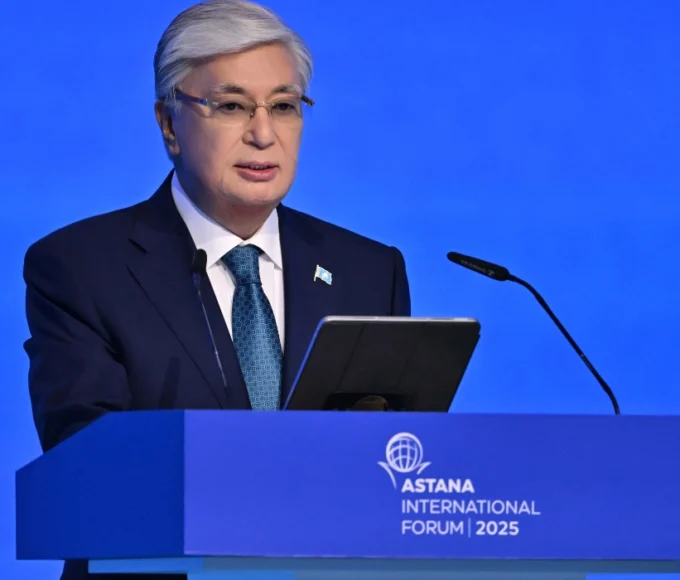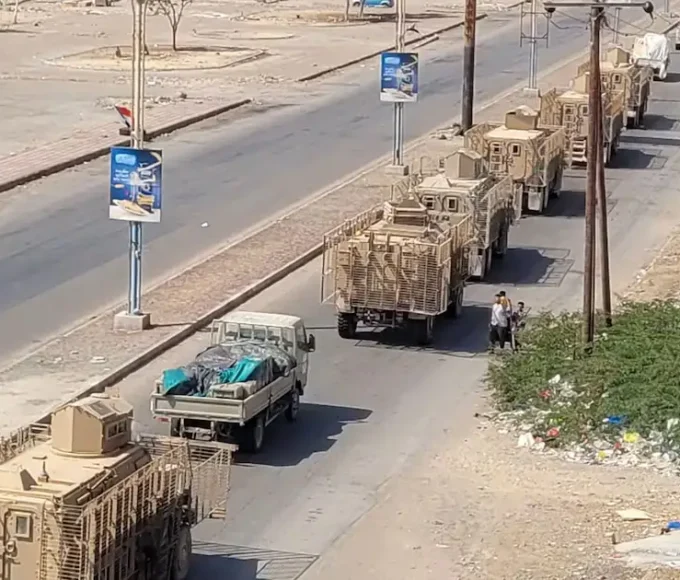The chairman of the committee for the affairs of the European Union, MdB Dr. Anton Hofreiter, visited the University of the Federal Armed Forces in Munich on February 16, 2023 to speak in the Audimax on the topic of “Security Policy in Times of the Ukraine War” and to answer questions from the audience. The event was moderated by Prof. Carlo Masala.
At the beginning of the event, President Prof. Eva-Maria Kern welcomed Dr. Anton Hofreiter and the approximately 450 people present, including numerous students, in the Audimax and then handed the floor to Prof. Carlo Masala. In his introduction, the professor for international politics emphasized that the evening should also offer the audience the opportunity, after the keynote speech by Dr. Hofreiter to enter into direct dialogue with the prominent guest.
Global Conflict Between Democracy And Autocracy
The security of us humans on our planet is currently endangered by several factors, according to Dr. Hofreiter right at the beginning of his lecture: On the one hand by the climate crisis and on the other hand by the more or less global conflict between democracy and autocracy. In this fundamental dispute, Russia’s attack on Ukraine is precisely the most brutal expression of this conflict. While the climate crisis can only be brought under control through close global cooperation, including with difficult countries such as China, with a view to the conflict between democracy and autocracy, according to Dr. Hofreiter become more independent of such difficult countries. Closer cooperation with like-minded countries and less cooperation with and dependence on countries moving on an authoritarian path is needed in the future.
Putin’s Motivation For Invading Ukraine
According to the politician, there are two main reasons why Putin invaded Ukraine. He described the first as follows: “Putin declared that the worst catastrophe of the 20th century was the collapse of the Soviet Union and that his goal is to get as large a part of the old Russian tsarist empire back under Russian control as possible, to reintegrate it into the Russian Empire .” He has his eye on Ukraine in particular, but also on the Republic of Moldova, Belarus and the Baltic states – despite their NATO membership. The second motivation for the attack on Ukraine sees Dr. Hofreiter reasoned that despite problems such as corruption, Ukraine was on the way to becoming more and more democratic, on the way towards Europe and towards becoming a member of the European Union. If freedom and democracy had suddenly worked for the brother people, Ukraine, and led to significantly more prosperity, that would have become a problem for Putin.
However, Putin made two mistakes. The first misconception concerns the Ukrainian army’s ability to defend itself, which is far better than Putin thought. The second fundamental error is that Putin believed the West would react as usual, according to Dr. Hofreiter, citing examples such as the annexation of Crimea, which only resulted in a few sanctions: “Fortunately, we didn’t react that way, but that was his calculation.”
Negotiations And Arms Deliveries – no Contradiction
Finally, Dr. Hofreiter what he thinks needs to be done with regard to the Ukraine war. He sees no contradiction in negotiations on the one hand and arms deliveries on the other: “Why should Putin negotiate if he is convinced that he will win the war in the long term?” That is why he believes that Ukraine must now be supported with everything much more than until now. He is firmly convinced that only when Putin understands that he will not win the war in the end will he be willing to negotiate. The Ukraine must therefore now be technically equipped in such a way that it can retake its territories, even if this is at the expense of the Bundeswehr’s material stocks: “If you think it through, in my opinion, Ukraine is not only defending itself, but actually Peace and freedom in Europe,” said Dr. court rider.
After the lecture, Dr. Hofreiter, moderated by Prof. Masala, questions from the auditorium. The numerous requests to speak from the audience illustrated the great interest in this topic.
This article is originally published on unibw.de








